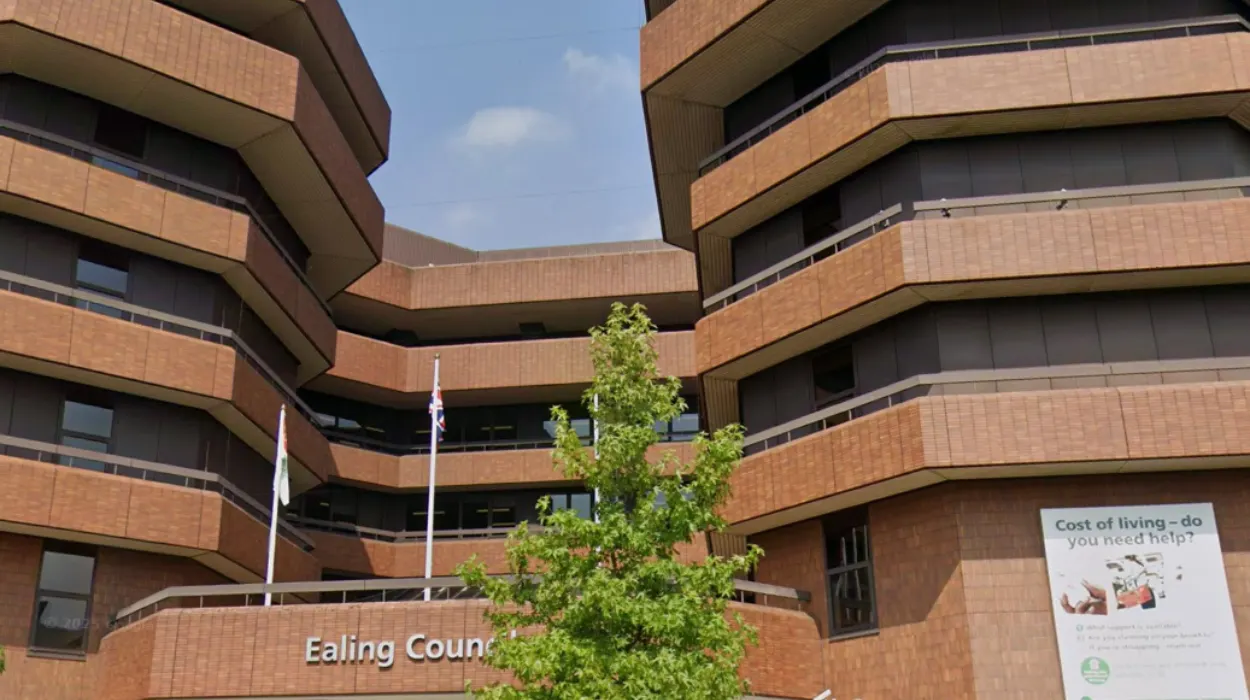When it comes to care and housing decisions, few questions raise more concern than whether a local authority can force someone into a care home.
In Ealing, this responsibility lies with Ealing Social Services, a department that works within strict legal limits.
The answer is simple: no, they cannot just decide to move an adult into a home without their consent, unless very specific legal conditions are met.
These conditions are set by national laws such as the Mental Capacity Act 2005 and the Care Act 2014, as well as local safeguarding and care policies. Forced admission is rare, heavily regulated, and almost always requires court involvement.
This article explores the laws, procedures, and safeguards that guide Ealing Social Services in such situations, using official Ealing Council resources and UK legislation.
What Legal Criteria Allow Ealing Social Services to Place Someone Into a Home?
Ealing Social Services’ first approach is voluntary support. They help adults with care needs access suitable accommodation, such as sheltered housing or residential care, with their agreement.
However, if a person refuses and there are serious concerns for their safety, the legal route changes. Under the Mental Capacity Act 2005, an adult can only be placed somewhere without their consent if they lack the mental capacity to decide about their care and accommodation.
Capacity is assessed by trained professionals, and the decision must be made in the person’s “best interests.” Even then, this does not automatically mean moving someone into a home, it is just one possible outcome after exploring all other options.
In high-risk cases, social services may also apply to the Court of Protection to authorise the move. This court specialises in decisions for people who lack capacity and ensures proper legal oversight.
Voluntary vs. Compulsory Admission
Voluntary moves are straightforward: the person agrees to enter care. Compulsory moves are rare and can only happen through legal processes.
Ealing Social Services, guided by the Care Act 2014, has a duty to promote independence, dignity, and choice. Removing someone from their home without consent goes against these principles unless the law demands it for their safety.
Mental Capacity and Best Interests
The Mental Capacity Act has strict rules to prevent abuse of power. It requires:
- A formal capacity assessment.
- Proof that the person cannot understand, retain, or weigh up the decision about moving into care.
- Evidence that all less restrictive alternatives have been considered.
Only after these steps can a “best interests” decision be made, which might include a care home placement.
These safeguards are reinforced in Ealing’s social care support policy, which emphasises personal choice and tailored support.
Court of Protection Orders
If there is disagreement, for example, if the person or their family objects, social services cannot act alone. They must apply to the Court of Protection.
The court examines evidence from social workers, doctors, and sometimes independent advocates. Only if convinced that the move is necessary and lawful will the court authorise it.
This judicial oversight prevents social services from unilaterally deciding where someone lives.
Safeguarding Concerns
Ealing Social Services also has safeguarding duties under the Care Act 2014. If an adult is at serious risk of harm due to neglect, abuse, or self-neglect, the council must act.
In extreme cases, this can lead to urgent protective measures but even then, permanent moves into care require the same legal checks.
Ealing’s safeguarding approach is outlined in council documents like the Friends and Family Care Policy, which stresses keeping people in familiar environments wherever possible.
Children and Young People
For children, the rules are different. Under the Children Act 1989, local authorities have stronger powers to protect minors. This can include moving them into foster care or residential settings without parental consent in emergencies.
Ealing’s Fostering Statement of Purpose explains how placements for children are made, while the School Attendance and Safeguarding Service works to protect children’s welfare.
However, these powers do not apply to adults. For adults, capacity and consent remain the key deciding factors.
Are There Any Recent Statistics on Forced Admissions by Ealing Social Services?
Ealing Council does not routinely publish detailed statistics on forced care home placements for adults. This is partly because the numbers are small and often handled through sensitive safeguarding cases.
However, council reports, such as those found in Ealing’s public documents, show a strong emphasis on prevention and community support rather than institutional care.
Nationally, data indicates that compulsory admissions for adults without capacity are uncommon, reflecting the legal barriers and preference for less restrictive solutions.
How Does Ealing Social Services Justify Forced Home Placements Under Current Laws?
When a forced placement happens, the justification must be clear:
- The person lacks capacity.
- There is a serious and immediate risk to health or safety.
- All other options have been exhausted.
- A legal authority, like the Court of Protection, has approved it.
This reasoning is documented in case files and often supported by evidence from medical professionals, family members, and independent advocates.
How Frequently Does Ealing Social Services Carry Out Forced Home Placements?
Publicly available council records do not give a precise number, but reports suggest that forced placements are a last resort and therefore rare.
Most interventions aim to keep people in their own homes with care packages, supported living, or community services. Ealing’s Friends and Family Care Policy and social care guidance highlight the focus on independence over institutionalisation.
The Role of Aftercare Under the Mental Health Act
Another relevant framework is aftercare under Section 117 of the Mental Health Act 1983. If someone has been detained in hospital for mental health treatment, they are entitled to free aftercare, which can include supported accommodation.
However, this is still subject to choice and capacity rules, and forced placements remain the exception.
Conclusion
Ealing Social Services cannot simply decide to put an adult into a care home against their will. The law demands strict safeguards, legal authority, and a clear justification rooted in safety and wellbeing.
For most people in need, support will mean help to live independently, not forced removal to a care home. And when a compulsory move does happen, it is carefully scrutinised by the courts to ensure it is lawful, necessary, and in the person’s best interests.
Frequently Asked Questions
1. Can Ealing Social Services force an adult into a care home without consent?
No. Ealing Social Services cannot move an adult into a care home without consent unless strict legal conditions are met under the Mental Capacity Act 2005 or other relevant laws. This usually requires proof that the person lacks mental capacity, is at significant risk, and that the move is authorised by a court.
2. What laws govern Ealing Social Services’ powers to place someone in a home?
The main legal frameworks include the Mental Capacity Act 2005, the Care Act 2014, and where mental health concerns are involved, the Mental Health Act 1983. These laws ensure that any compulsory move is lawful, necessary, and in the person’s best interests.
3. How does the Mental Capacity Act protect people from being forced into care?
The Act requires a formal capacity assessment, consideration of all less restrictive options, and a “best interests” decision-making process. It prevents social services from acting unilaterally and requires strict evidence before any compulsory move.
4. What role does the Court of Protection play in forced placements?
If there’s disagreement or the person refuses care but lacks capacity, Ealing Social Services must apply to the Court of Protection. The court reviews evidence from professionals and only approves the move if it meets the legal criteria.
5. How often does Ealing Social Services carry out forced care home placements?
Forced placements are rare. Public documents and council reports show a strong emphasis on supporting people in their own homes through care packages, supported living, and community services instead of institutional care.
6. Are there different rules for children in Ealing?
Yes. For children, the Children Act 1989 gives local authorities greater powers to protect minors, which can include placing them into foster or residential care without parental consent in emergencies. These rules do not apply to adults.
7. What safeguards prevent wrongful forced placements in Ealing?
Key safeguards include capacity assessments, “best interests” meetings, independent advocacy, legal oversight from the Court of Protection, and adherence to local policies like Ealing’s Friends and Family Care Policy, which prioritises keeping people in familiar environments whenever possible.












